The proposal for a way out of the crisis by the political class that was present in Arusha at the 5th round of the dialogue requires among other things the involvement of foreigners in some mechanisms. Bujumbura speaks about a utopia.
The opposition does not beat about the bush. Bujumbura government, the mediation, the EAC, AU and UN are all called to the witness box for a powerful indictment. The document that the opposition presented at the last session paints the disappointment of this political class in relation to its expectations.
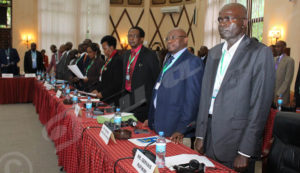
The opposition in Ngurdoto in the 5th round of the dialogue.
Disappointment in relation to absence of the Ugandan President Museveni, the mediator and boss of the East African community. During the inter-Burundian dialogue process, he was not available.
Heads of State of the sub-region? Have they resigned? There has neither been a ‘special summit for Burundi’ nor an assessment. They were indifferent.
The opposition is not so kind with the African Union and the United Nations on the fact that the decisions and resolutions are taken but end up being shelved.
Opposition leaders also speak of a strategist Bujumbura that seeks extensions, going it alone in making important decisions. From the amendment of the Constitution to the road map of Kayanza and the establishment of the Independent National Electoral Commission, CENI.
Foreigners in management of the country
Facilitator Benjamin Mkapa sounded the death knell of a deadlocked dialogue throughout the process. His final whistle does not mark the end of the Burundian crisis at all. The power in place could not participate in the last session. An empty chair policy that says a lot about its willingness not to sit down with the opposition to end the current crisis that broke out in 2015.
In this context, the opposition called for what it referred to as ‘another framework for dialogue’ under the auspices of the African Union and the United Nations. The elections are fast approaching and they must be carefully prepared. In this context, the opening of a political space, the improvement of security conditions and human rights should be strengthened.
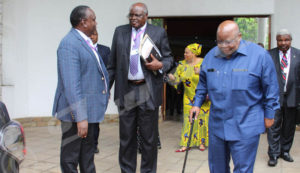
The facilitation stated that the 5th round was the last.
In addition, the opposition in Ngurdoto calls for an ‘international component’ in some consensual institutions to reassure all Burundians.
These are a few foreign observers chosen among the guarantors of the 2000 Arusha Accord. That is, the UN, the African Union and the EAC.
There should therefore be selected foreigners who will be part of a mechanism put in place to oversee the assessment of compliance with the implementation of the Arusha Agreement. The opposition also claims that the Independent National Electoral Commission, CENI, has among its members, foreigners and Burundians together.
The opposition also thinks there is a need for what it calls ‘consensual institutions’ for credible elections, as if carefully avoiding the ‘Transitional Government’ phrase. Here too, it is necessary to have foreign personalities from the United Nations, AU and EAC in this mechanism to ensure the strict application of the ways out of the crisis.
In reaction to the opposition’s proposals, Willy Nyamitwe, Senior Advisor to the President of the Republic said: “The madness begins with gestures.” This ambassador finds that “these individuals” have proved that they have no clear vision for the future of their nation until they think that foreigners could manage the country in place of the Burundian people. “They have condemned themselves to decline.”
Analysis by Agnes Ndirubusa
“Contribution to a rapid resolution of the crisis?”
Opposition leaders in Arusha are optimistic. The document presented will contribute to a rapid resolution of the crisis. “We call on the Burundian people to adhere to these promising proposals for the Burundian nation”.
However, the 5th round sounds more like a failure. With the boycott of Bujumbura, the ruling party and its allies, it is difficult to be otherwise. Dialogue is held between protagonists, not friends.
The government’s empty chair and its allies is also a humiliation for the facilitation office. Mkapa said he was tired of the demands of Bujumbura, which blew hot and cold all the time.
Written by Agnès Ndirubusa and translated by
Pierre Emmanuel Ngendakumana

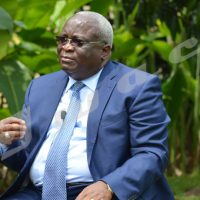

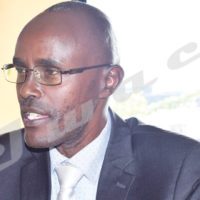
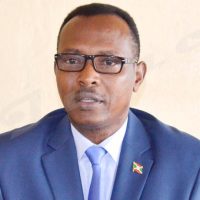
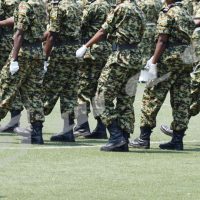













 IWACU Open Data
IWACU Open Data

